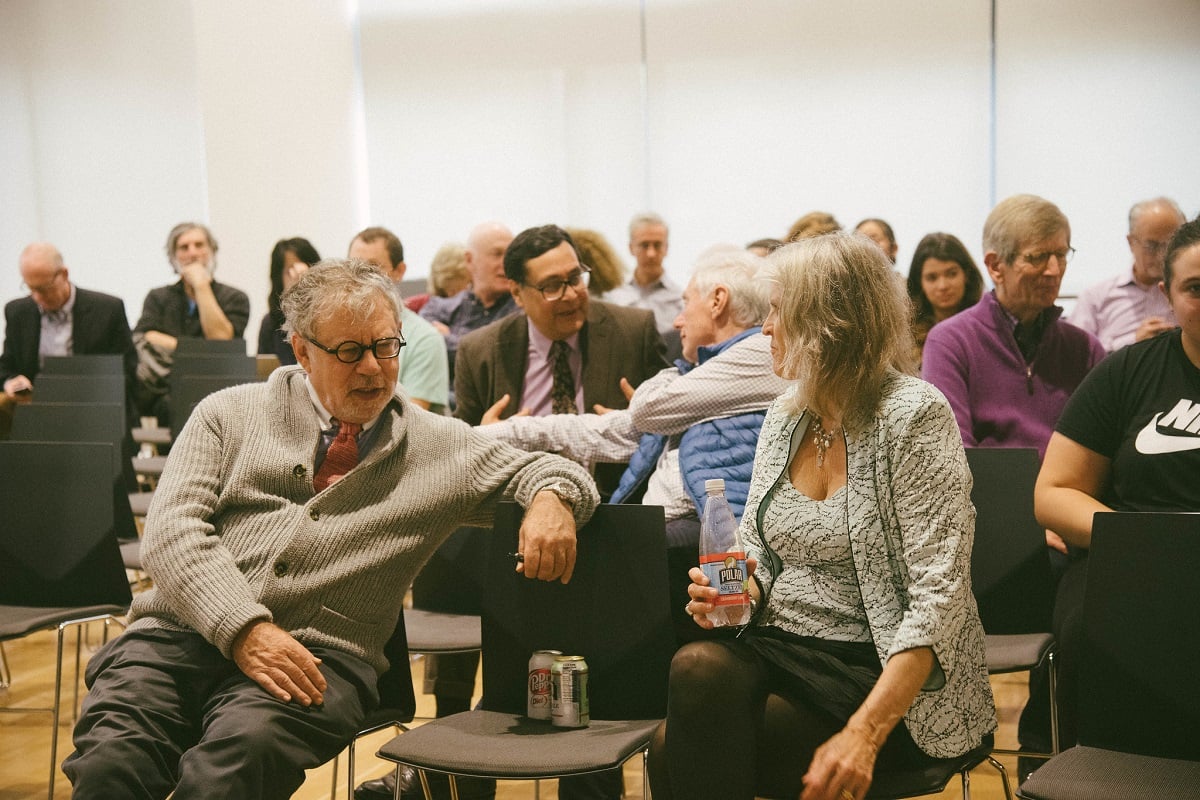
The UK could have participated but didn't express an interest, the commission says
Photo: Center for Europe Studies
UK misses out on €100m Creative Europe boost
A bumper budget has been passed for 2022 – but the UK won't see hardly a penny.
British arts organisations are missing out on a €100m increase in this year's budget for Creative Europe.
The UK removed itself from the European Commission scheme at the end of 2020, though organisations participated through to last summer as 'third countries', not leading on projects.
As a full participant in the 2014-20 Creative Europe programme, the UK was eligible to continue as a third country this year but did not express an interest.
READ MORE:
- Scottish organisations strive to stay in Creative Europe
- International partnerships fund 'not a replacement for Creative Europe'
A €2.4bn multi-year budget was passed last week – a 63% increase compared to the last programme – with funding frontloaded for the next two years to help cultural sectors' recovery from the pandemic.
Participants will enjoy the programme's biggest ever annual budget of €385m this year.
"We know how resilient the creative and cultural sectors have been in these past two years," European Commissioner for Culture Mariya Gabriel commented.
"The EU stands by their side to support their recovery, their creative process and their innovation potential."
Creative Europe desks in 30 countries will share €6m, with about €68.6m available for cooperation projects this year alone.
The UK closed its Creative Europe desk in March after the Government declined to fund a domestic alternative.
Limited possibilities
There are still "some limited possibilities" for Creative Europe projects to involve British arts, Commission officials said.
"Projects might, for example, decide to implement some of their activities with the support of UK organisations as external providers, or involve UK artists and professionals in some of the project activities.
"However, UK organisations cannot be directly funded by the programme."
Talent development programme Keychange is receiving support for its 2022 cohort. Seventy-six participants hail from 12 countries, including the UK.
Creative Europe Unit Head Barbara Gessler and Susanne Hollmann, Deputy Head of the Cultural Policy Unit said they were happy to support international collaboration.
"It’s a remarkable and inspiring project which promotes underrepresented talent in music by equipping women and gender minorities with the necessary skills and competences, helping them to build networks and encouraging them to increase their mobility."
UK arts councils have established an international partnerships fund, which they say is not a replacement for Creative Europe, to finance collaborations in Europe and beyond until March 2023.
Grants of up to £5,000 are available through that scheme, compared to the average €281,000 received by Creative Europe collaboration projects involving UK partners in 2019.
Broader focus
A new mobility scheme worth €21m will help artists and arts professionals travel abroad for international collaborations and find new audiences for their work.
The European Parliament says this strand of Creative Europe aims to improve artists' visibility across the continent and "support artist-in-residence activities and other types of place-bound cultural activities organised for and with the local communities".
Its 2022 work programme also covers design, fashion sectors and the sustainable cultural tourism sector for the first time.
It plans to assist EU priorities to combat anti-semitism and bolster the European Year of Youth, supporting young people's cultural participation via new ticketing policies and promotion strategies.
Access to Creative Europe has been simplified, with more lump sum payments and changes to cut down on administration. The EU grant can now cover up to 70% of project costs.
"This will allow the programme to launch more projects early on, to channel needed support into the suffering sectors and to deliver results quickly," the work programme notes.
Join the Discussion
You must be logged in to post a comment.